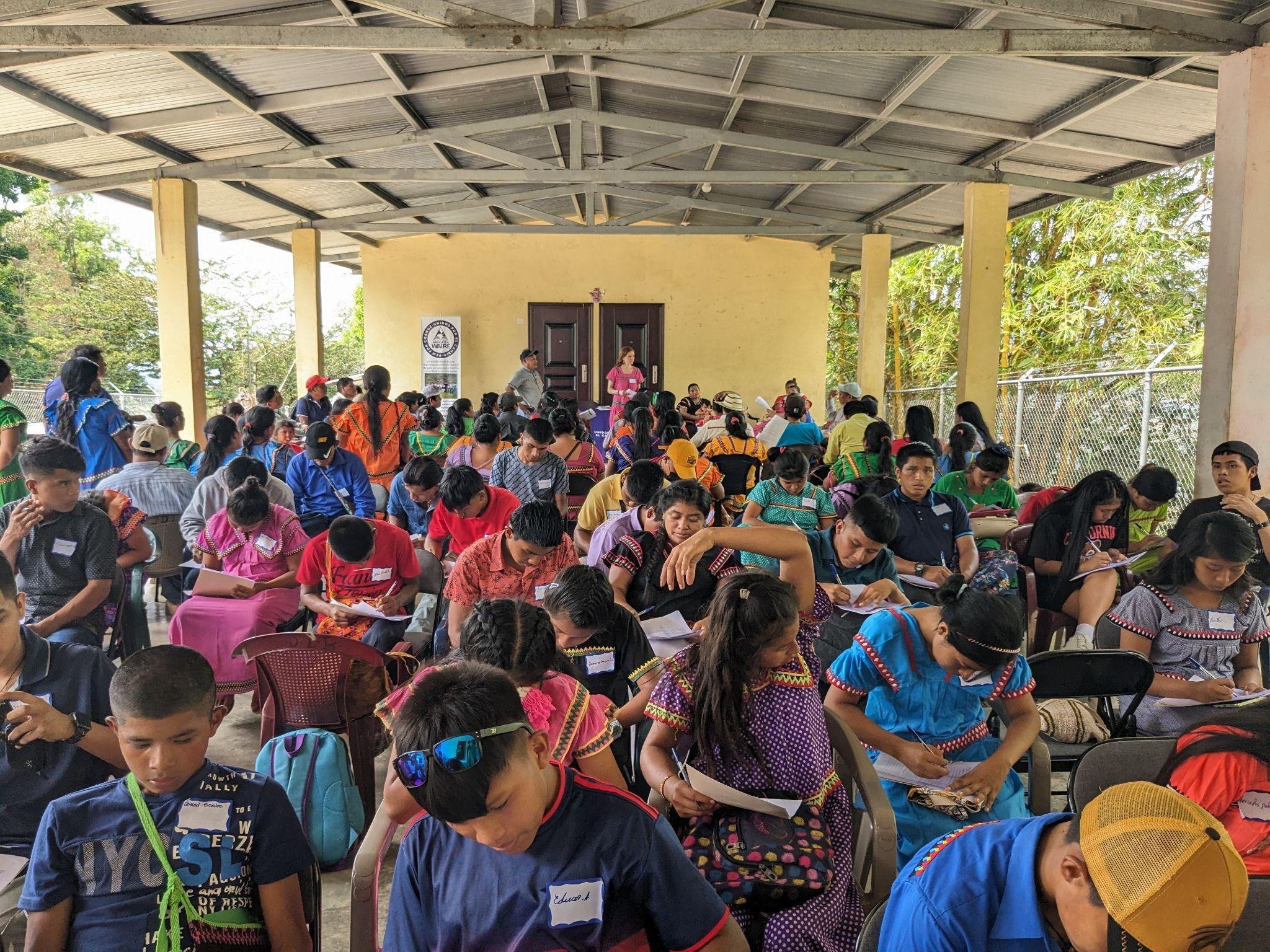As a culturally Christian and historically Catholic country, reproductive rights and sexual health education have been hotly debated topics in Panama for a long time. From the outside, Panama can be seen as doing many things right. Secondary school education (7th-12th grade) is free and universal (in theory), national health clinics exist throughout the country offering reproductive health services at reasonable prices (most rural Panamanians don’t have health insurance), and birth control can be bought over the counter without a prescription for about $5 a month.
However, teen pregnancy rates in Panama reveal another reality. One of the national newspapers, La Prensa, has been reporting on teen pregnancy rates over the past couple of years. It reported in August of 2015 that the Ministry of Health calculated a daily average of 29 adolescent pregnancies between January of 2013 and July of 2015, or in other words, one teenage pregnancy every 49 minutes. According to the 2015 statistics released by the Panamanian Ministry of Health, in the Comarca Ngäbe Buglé where Few for Change scholarship recipients hail from, 10-19 year-olds accounted for 33.3% (one-third!) of all pregnancies recorded in the area. Since Few for Change began awarding scholarships in the Comarca Ngäbe Buglé in 2010, two scholarship recipients have dropped out of high school due to pregnancy.
Teen pregnancy is obviously not a reality only in Panama, but a global challenge. Worldwide, research has shown that teen pregnancy is linked to students dropping out of school.[1][2] As a public high school teacher in New York City for the past 3 years, two of my female students have had children before their junior year and are struggling to balance the new responsibilities of parenthood and earn their credits to graduate from high school. Over and over, international research has shown that higher levels of educational attainment are linked to decreases in teenage pregnancy and fertility (the number of children a woman has during her lifetime).[3][4] By helping our scholarship recipients to stay in school in Panama, we hope that they will be able to start families when they want to.
In response to the high pregnancy rates in Panama, the lack of sexual education has been gaining attention in the press and the national conversation. La Prensa reported in July of 2015 that the national education director of Panama, Mario Rodríguez said that comprehensive sexual education should be included in the national education curriculum. The fact that almost one-third of pregnancies throughout the country are teenage pregnancies suggests an immediate need for sexual education in Panama. Adding to the urgency, this March, La Prensa reported 1,952 teenage pregnancies in the first two months of 2016, 223 cases more than the same time period in 2015. The three provinces registering the highest numbers of teen pregnancy were Panamá, the Comarca Ngäbe Buglé, and Chiriquí.
This infographic shows the number of pregnant girls by region (that visited regional health centers) in Panama during the first two months of 2016. 324 teenage pregnancies were registered in the Comarca Ngäbe Buglé in January and February of 2016. Source: La Prensa - Roy Hernández - MINSA
This information coincided with increasing societal pressure for national sexual education.
The proposed Bill 61 (Ley 61) regarding sexual education and reproductive health is currently being debated in both in the public eye and in the National Assembly (similar to the US Congress). The bill would require the inclusion of comprehensive sex education at all education levels in Panama, specifically education that is “scientific, not sexist, that promotes equality, equity, and the respect of men and women […].”
Last month, the president of the National Assembly, Rubén De León, announced that there would be a debate about Bill 61. The announcement was met with a large march called “Por nuestros hijos” (For our children) coordinated by several organizations against the proposed law, during which they carried signs that said, “No to sex education,” arguing that "parents are the educators of their children."[5][6] In response, 46 organizations came out in support of the proposed law including more than 33 human rights groups, students groups, professions, doctors and other social groups.[7][8] We will continue to watch how this debate unfolds in the Panamanian National Assembly and society.
Teen pregnancy is one of the primary barriers that our female students face when trying to finish their education. The lack of existing sex education in Panama and the taboo around discussions of contraception based on religion and culture have created a situation where one-third of pregnancies in the Comarca Ngäbe Buglé are teen pregnancies. By keeping girls in school, Few for Change hopes to increase the chances that our students will finish secondary school and be able to decide when they want to start their family.
Header Photo Credit: Campaign to Prevent Teenage Pregnancy in Venezuela














